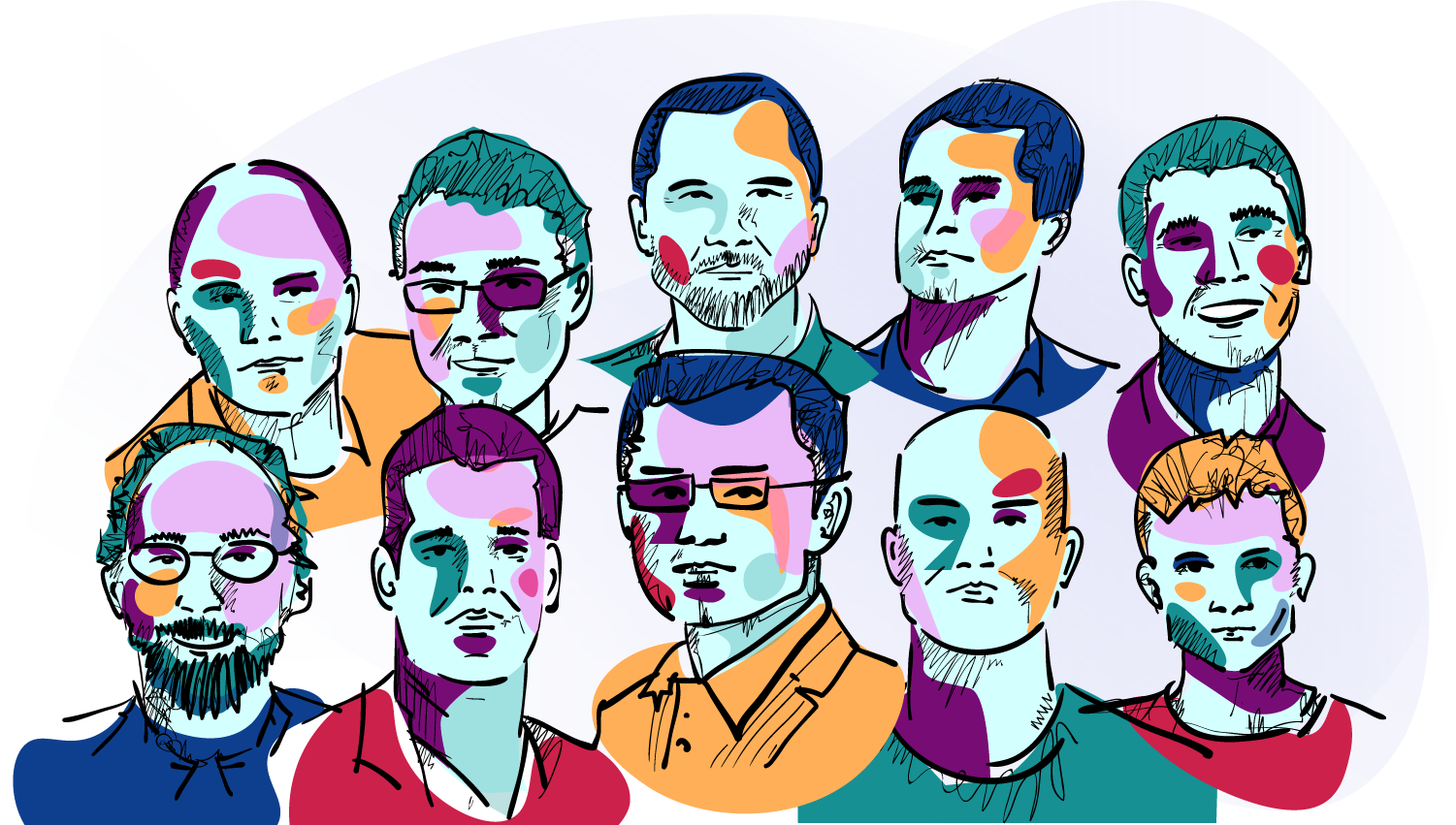Ethereum is well-known as the technology that has launched hundreds of cryptocurrencies, helped entrepreneurs raise billions of dollars, and disrupted global venture capital markets.
But before any of that, Ethereum’s creators had to train their lawyers.
“We took eight months to get them up to speed on the technology so they had a deep understanding of how that worked,” Ethereum Project co-founder Joseph Lubin told Bloomberg Law.
Demand for blockchain legal expertise is rising, blockchain companies, attorneys, and advocacy groups told Bloomberg Law. Initial coin offerings (ICOs), which allow companies or individuals to raise funds by selling digital assets known as coins or tokens, are allowing people to raise money in a process that is often quicker and less expensive than turning to traditional venture capital or an initial public offering.
Even so, many attorneys are still trying to figure out the technology and how laws and regulations apply to it.
“A labor shortage on the legal side is already apparent,” Jeff Garzik, CEO and co-founder of Chicago-based blockchain technology platform developer and advisor Bloq, said. “The products that are coming into these law firms, they don’t fit into normal legal boxes—you have to guess what regulators might do.”
Here are five things for attorneys to know about advising token developers on ICOs:
Embrace Your Inner Nerd
It’s essential for attorneys to understand how blockchain technology—the power behind Bitcoin, Ethereum, and other digital assets—works in order to advise clients that are basing business models on it, attorneys, companies, and advocacy groups told Bloomberg Law. Law firms must grasp the technical nuances in order to classify a token sale as a security, cryptocurrency, or utility—and plan their legal approach accordingly, Carol Van Cleef, partner with BakerHostetler LLP’s financial technology practice, said.
Source/More: Want to Advise Initial Coin Offerings? Here Are 5 Things to Know | Bloomberg BNA















